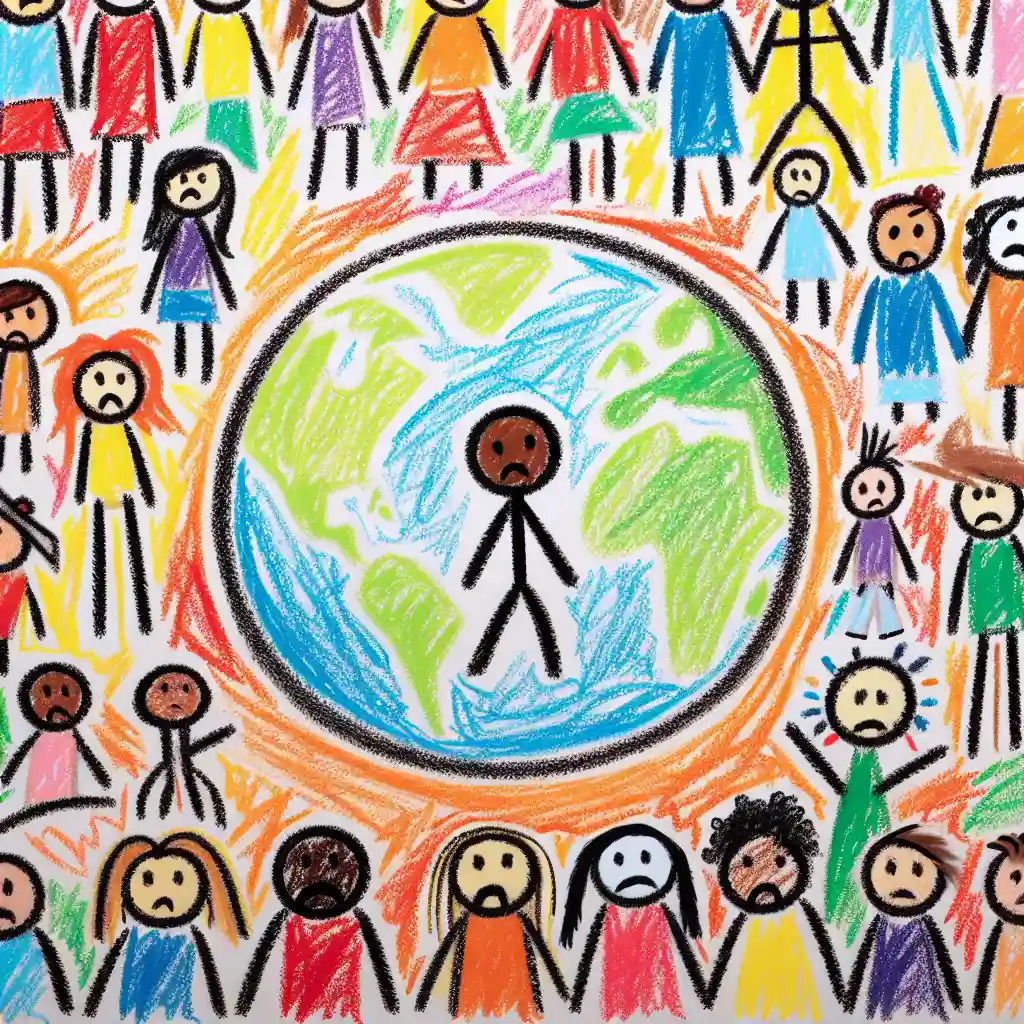The world just lost its health report card. Now what?

Explain Like I'm 5
Imagine every year, you bring home a report card from school that tells your parents how well you're doing in subjects like math or reading. Now, imagine there was a big report card for how healthy people are in different countries around the world. This report card helped everyone understand what illnesses were a big problem and how healthy moms and babies were. But suddenly, we don't get this report card anymore because the people who made it had to stop. It’s like if your school suddenly said, “No more report cards for everyone!” Now, people are trying to figure out how to keep track of everyone’s health without it.
Explain Like I'm 10
So, there was this important program called the Demographic and Health Surveys program that was kind of like a health detective. It gathered information from about half of the world’s countries for nearly 40 years, checking on things like how many kids were getting their vaccinations, how mothers were doing during and after pregnancy, and how diseases were spreading. This program was run by the US Agency for International Development, but it got shut down earlier this year. This happened because the agency faced some big funding cuts, partly influenced by decisions from leaders like President Donald Trump and Elon Musk. Now, without this program, it’s harder for countries to know what health problems to fix and how to make people healthier. Everyone is wondering how to keep track of all this important health information without that big global report card.
Explain Like I'm 15
The Demographic and Health Surveys (DHS) program was an essential tool that countries relied on to monitor public health trends and issues. It provided critical data that helped governments and health organizations make informed decisions about where to allocate resources and how to tackle health problems. The program had been around for nearly four decades and was respected for its comprehensive coverage and reliability. However, the program came to an abrupt end due to significant budget cuts at the US Agency for International Development, influenced by broader political and economic decisions from figures like President Donald Trump and businessman Elon Musk.
The shutdown of the DHS program is a big deal because it leaves a void in global health monitoring at a time when the world is facing numerous health challenges, from pandemics to malnutrition. The absence of this data could slow down progress on health issues, especially in developing countries that depended heavily on this data to shape their health policies.
The broader implications are significant. Without consistent and reliable data, it's harder for the world to track improvements or deteriorations in public health, making it more challenging to achieve global health goals set by organizations like the World Health Organization. The end of the DHS may encourage other entities, perhaps private foundations or other international bodies, to step in and fill the gap. The situation underscores the importance of political and economic decisions in shaping global health outcomes and the interconnectedness of policy decisions and real-world impacts.
Want to read the original story?
View Original Source